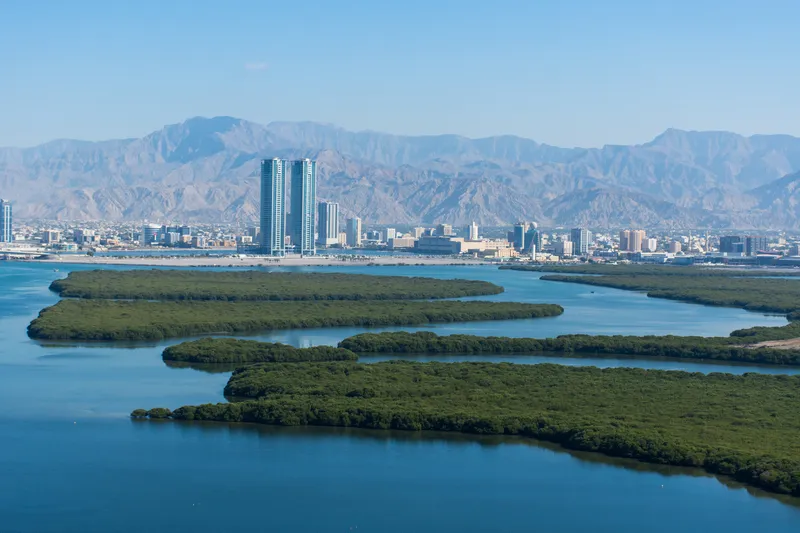
Kapsch TrafficCom has won two tolling contracts on separate sides of the world.
It has installed an end-to-end truck tolling system in the Emirate of Ras Al Khaimah (RAK), part of the United Arab Emirates; and has also completed a refit of the Louisiana Department of Transportation & Development (LADoTD) LA1 tolling system in Leeville, Louisiana.
In UAE, the multi-lane free-flow (MLFF) system replaced the previous plaza-based tolling system, allowing trucks to access the RAK highway network without having to wait at toll booths.
The system is operated by the Public Services Department of the emirate, whose system operators were trained by Kapsch TrafficCom.
Gantries, sensors and cameras identify trucks and there is an app for drivers to manage trips and payments.
There are weather challenges: temperatures of more than 40 degrees Celsius and heavy sandstorms are daily occurrences, the company says.
Khaled Fadel Al Ali, DG of the department, says the new system "will contribute to the adoption of innovative, sustainable and smart mobility solutions that enable and allow trucks to access the highway network without having to wait at gate kiosks, and allow for better traffic flow and faster delivery of goods transported by road".
Carolin Treichl, EVP EMENA at Kapsch TrafficCom, adds: “This is a very important partnership for us that hopefully lasts for a long time to come.”
In the US, the contract with LADoTD comprises a providing a new tolling gantry, back-office system, roadside solution and enhanced customers service centre capabilities.
Established in 2009, the LA1 route supports the oil, petroleum, and chemical industries of southern Louisiana.
“As a key partner, this project was completed under a partnership with Plenary Americas,” explained Dan Toohey, SVP sales and services for Kapsch.
“We are pleased to support this and other public-private partnerships to support the building and rebuilding of critical infrastructure projects in Louisiana, and look forward to the opportunities ahead.”










